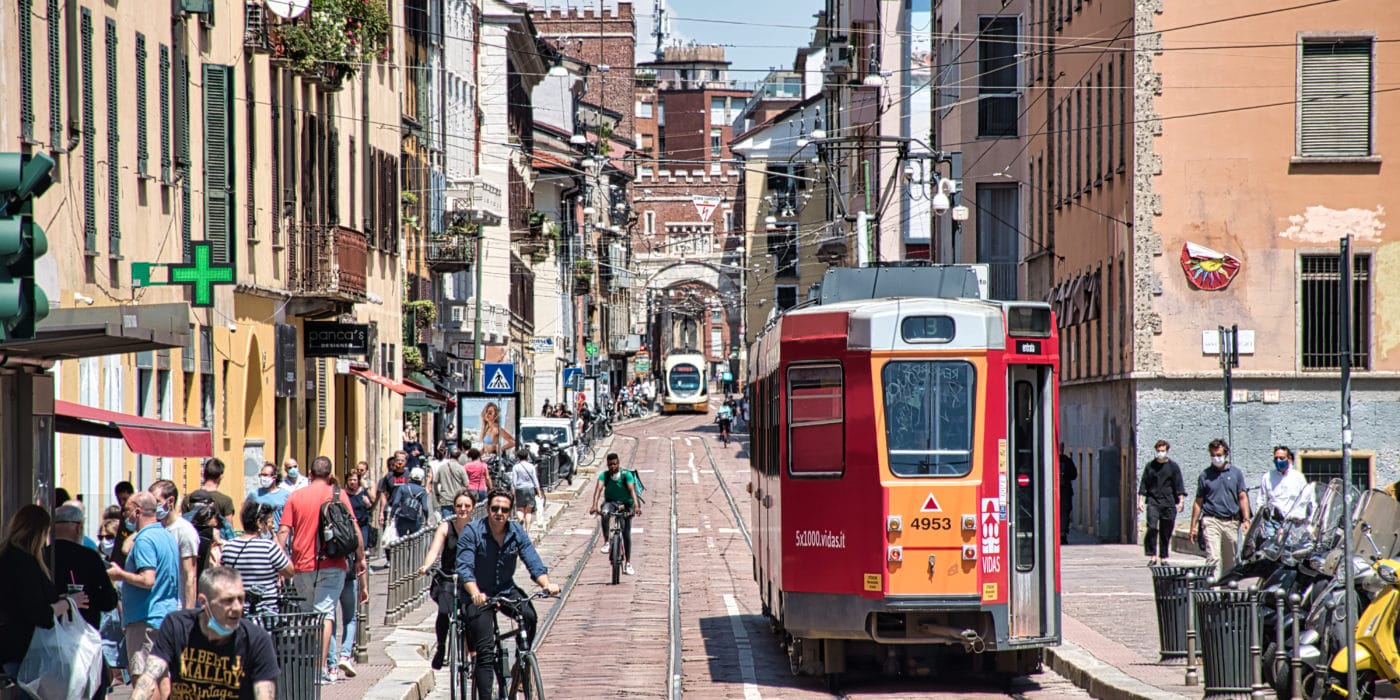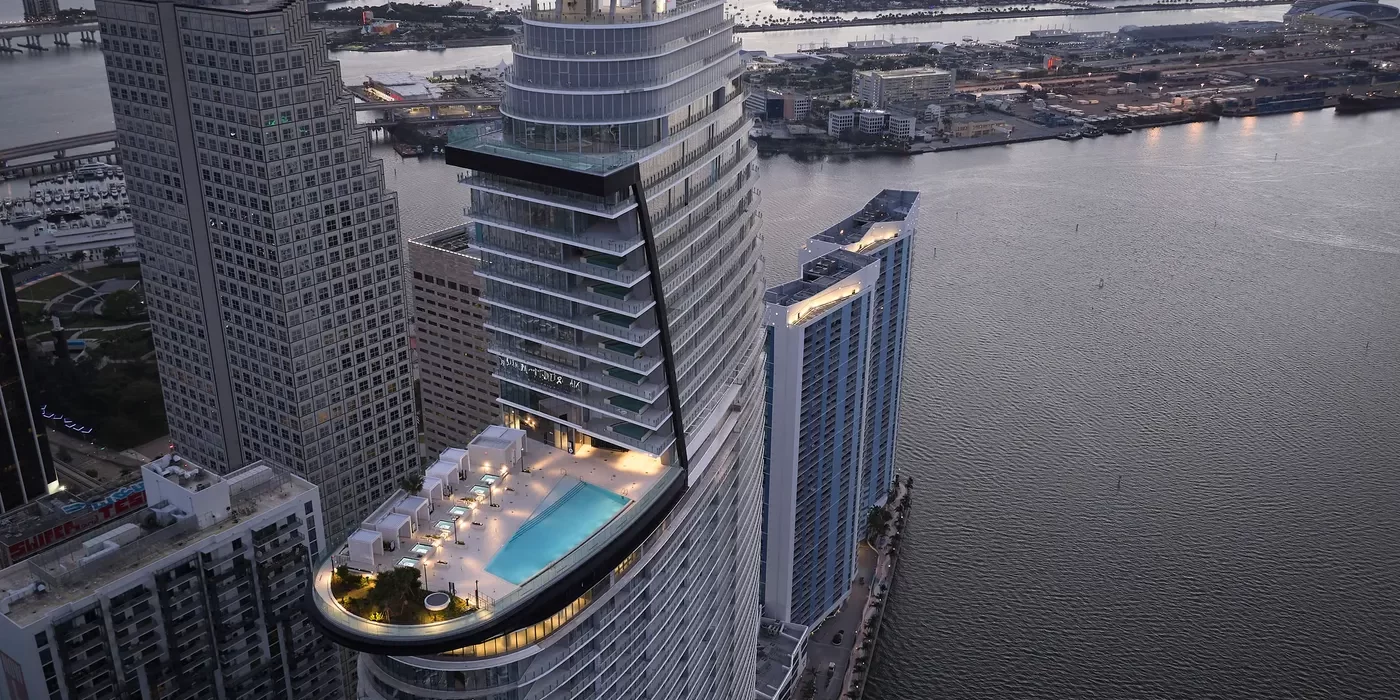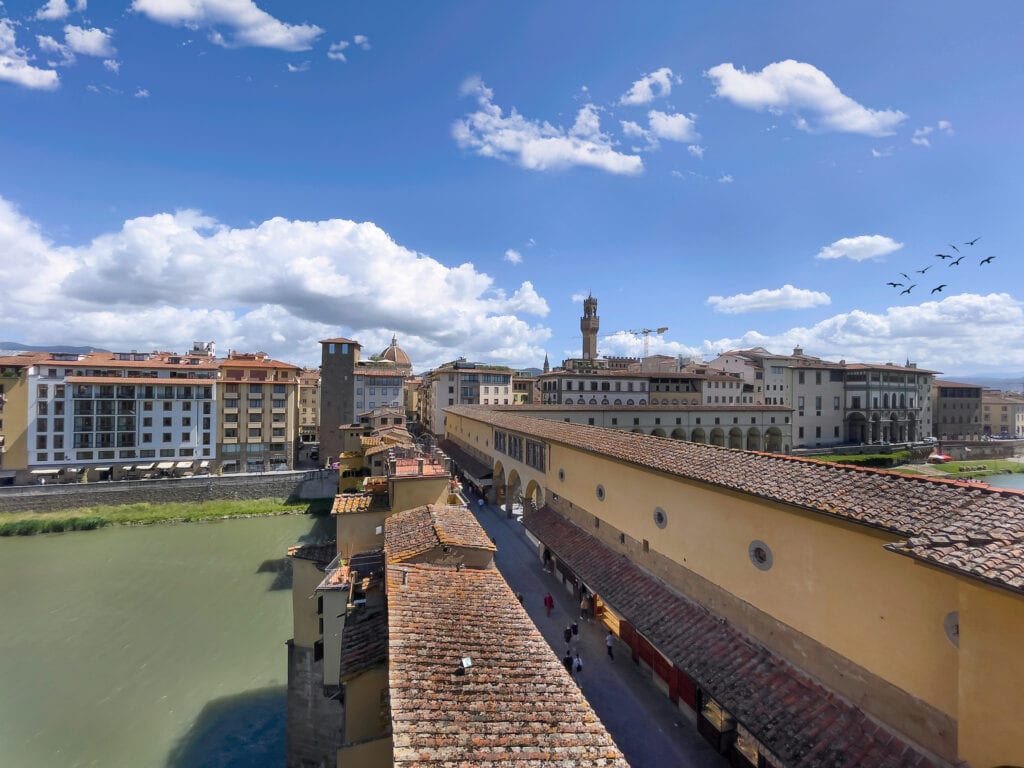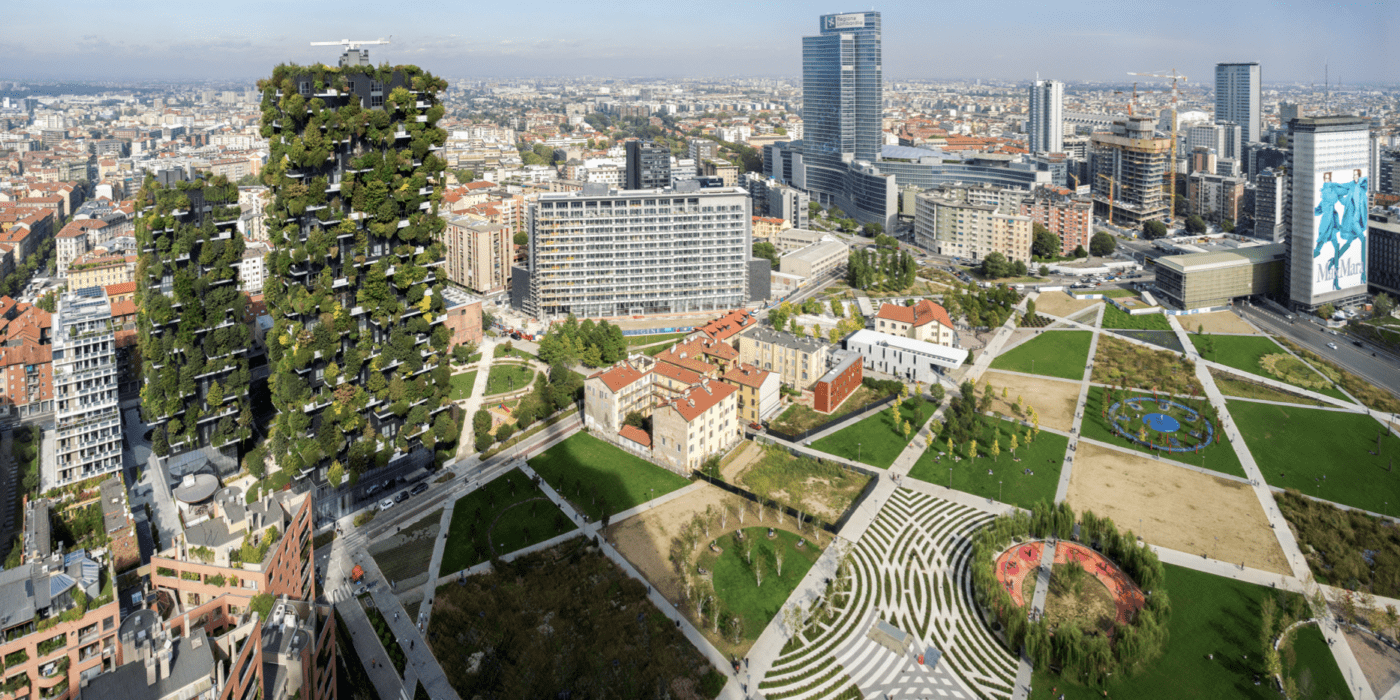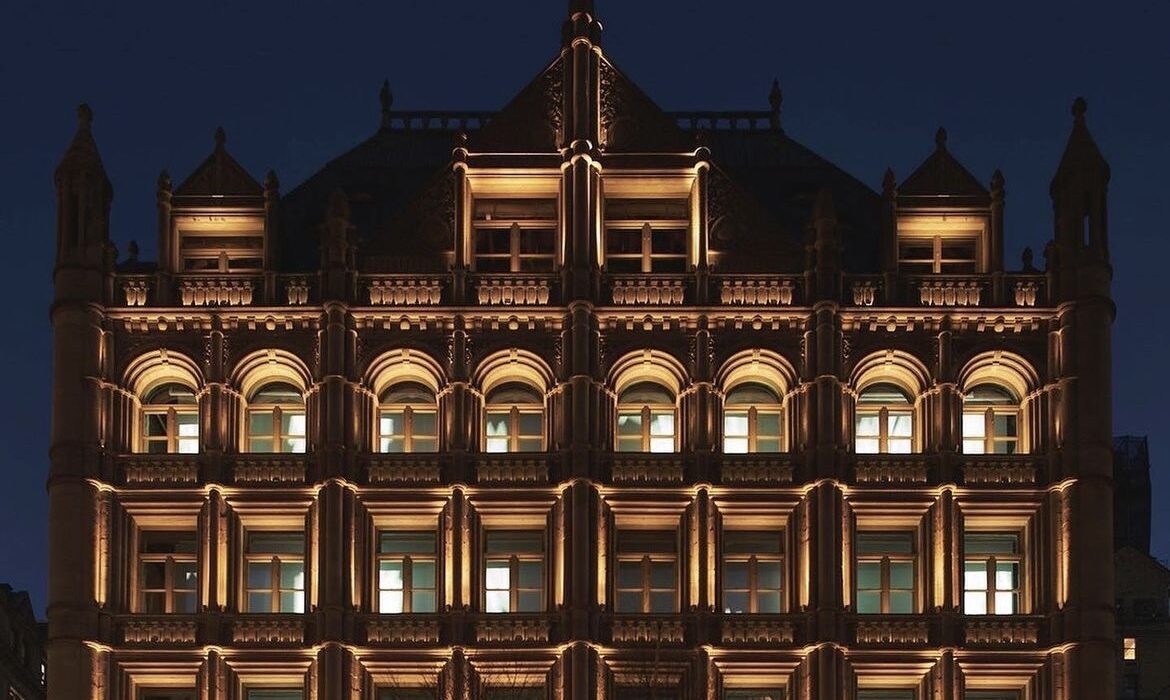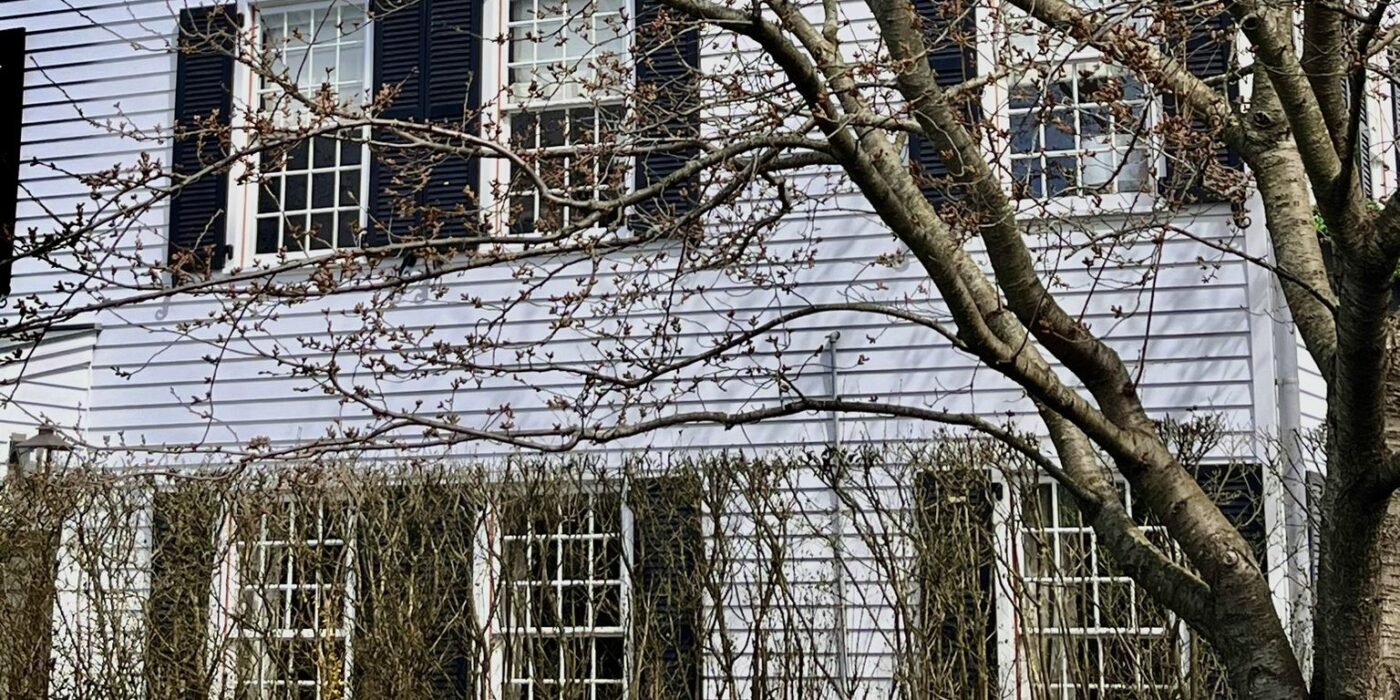Miami’s Sizzling Real Estate Market Defies Gravity
Over the past decade, Miami’s real estate landscape has undergone a staggering transformation, solidifying its status as one of the nation’s hottest housing markets. From the first quarter of 2013 to the first quarter of 2023, the median single-family home prices in Miami-Dade, Broward, and Palm Beach counties have nearly tripled, resulting in an average home price gain of a whopping $340,000. This surge has left traditional investment returns in the dust, even outpacing the relentless bull run of the stock market. The numbers speak for themselves: Between 2013 Q1 and 2023 Q1, home prices across the tri-county area witnessed a jaw-dropping increase.
In the last five years alone (2018 Q1 to 2023 Q1), median single-family home prices soared by an average of 64%, translating to an average price gain of a cool $220,000. Certain municipalities within this real estate hotbed have experienced particularly stratospheric home price gains over the last decade. Palm Beach takes the crown with an average home price increase of a staggering $6 million, followed by Miami Beach ($2.5 million), Lighthouse Point ($1.4 million), Pinecrest Village ($1.3 million), and Coral Gables ($1 million). The city of Miami itself saw homes appreciate by $400,000, slightly higher than Fort Lauderdale ($387,000) and West Palm Beach ($337,500). Remarkably, the Miami real estate market continues to display robust growth, defying challenging market conditions. According to recent data, home prices in Miami have seen an impressive 8.7% increase in April 2024 compared to the same period last year, with the median home price now a cool $625,000.
Homes are selling slightly slower, averaging 69 days on the market compared to 68 days last year, indicating a relatively stable market despite the price surge. Sales activity, however, has slightly declined, with 583 homes sold in April 2024, down from 634 in April 2023. This trend reflects a broader pattern of fluctuating demand, as evidenced by the 27% of Miami homebuyers searching to move out of the city between February and April 2024. However, a significant 73% of buyers expressed interest in staying within the Miami metropolitan area, underscoring the city’s enduring appeal. Miami remains a top destination for homebuyers from other major cities, particularly from New York, Washington, D.C., and Boston.
Nationally, 3% of homebuyers considered moving to Miami from outside metropolitan areas, highlighting the city’s attractiveness on a broader scale. As of February, new listings in Miami had increased for six consecutive months, nearing pre-pandemic levels. In fact, February 2024 saw a 25.87% year-over-year increase in new listings, providing more options for homebuyers and contributing to a more balanced market. While the Miami real estate market may be experiencing some turbulence, its resilience and allure continue to captivate investors and homebuyers alike, solidifying its position as one of the nation’s most coveted and dynamic housing markets.


